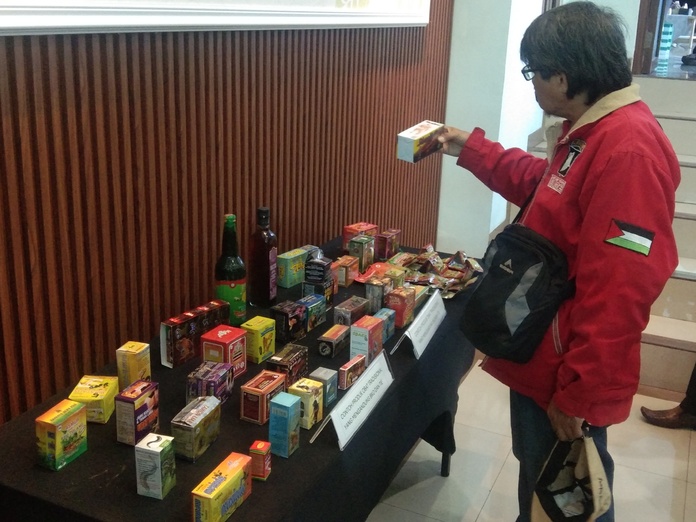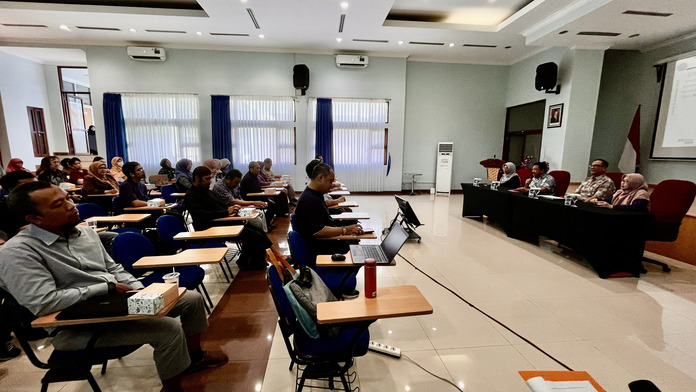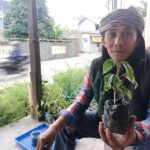The Bandung Center for Food and Drug Supervision (BBPOM) has once again found dozens of natural ingredient medicines contaminated with chemical drug ingredients circulating in the market. By the first semester of 2025, 46 natural ingredient medicine products containing dangerous chemicals were identified in several distribution facilities.
These findings are the result of intensive monitoring and laboratory testing conducted since 2024.
The circulation of natural ingredient medicines with chemical ingredients remains rampant even though some products have previously been announced in BPOM Public Warnings.
“These findings prove that the practice of adding chemical ingredients to natural medicines remains a serious problem. The impact not only poses high risks to public health but also erodes trust in the traditional medicine industry,” stated officials during a meeting at the BBPOM Bandung office.
As an enforcement measure, BBPOM Bandung immediately withdrew non-compliant products while expanding public outreach. This effort is accompanied by technical guidance for business actors to improve literacy, strengthen regulatory compliance, and ensure proper distribution according to regulations.

The technical guidance targets not only business actors but also involves various stakeholders.
“We want to build cross-sectoral synergy between government, academia, media, associations, and business actors. Strong literacy and real commitment from all parties are key to ensuring natural medicine circulation remains free from chemical ingredients,” officials stated.
Indonesia has great potential in developing natural medicines due to its abundant biodiversity. However, this potential faces significant challenges if the practice of mixing dangerous chemicals continues.
Therefore, monitoring must be strengthened to ensure domestic products remain safe, high-quality, and competitive in the global market.
“Through the spirit of collaboration and innovation, let us realize increasingly effective food and drug supervision. Protecting public health must be a priority while enhancing the competitiveness of Indonesian products in both national and international markets,” officials concluded.






